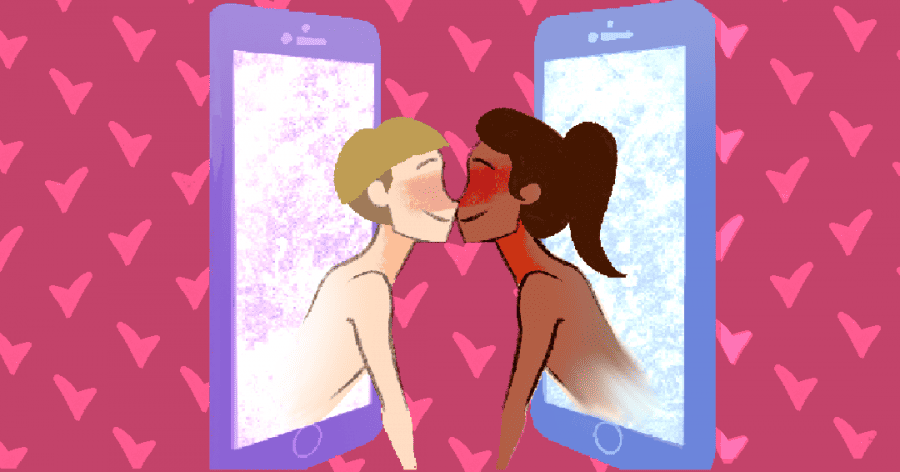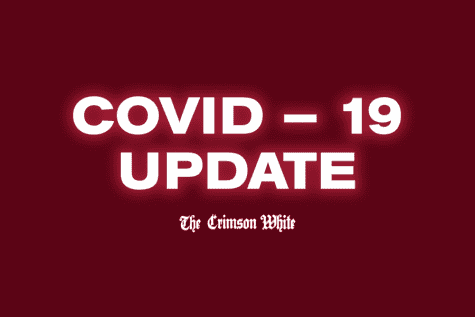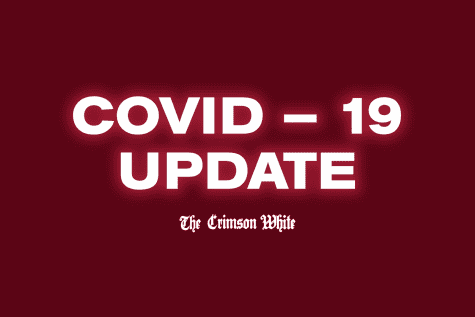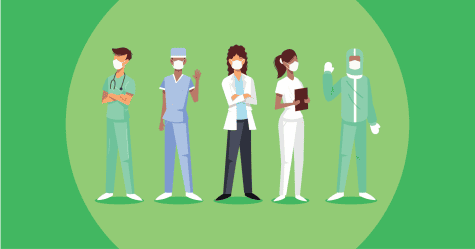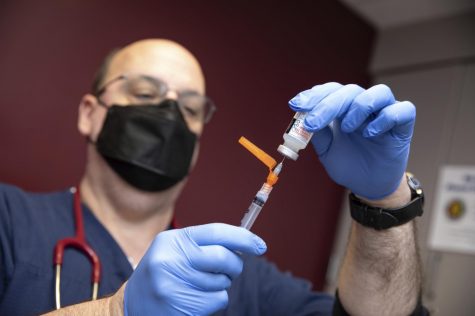Everything’s online now. What does that mean for dating apps?
After spending all day looking at a screen, finding true love (or a one-time hookup) on a phone just doesn’t hold the same appeal.
More stories from Sophia Surrett
During the pandemic, meeting with your friends and family has been difficult, making it even harder to find people that interest you romantically. Still, anything’s possible with an arsenal of dating apps at your disposal.
According to the Northwest Missourian, even before the pandemic about half of college students used dating apps, like Tinder, Bumble and Grindr, the top dating apps for college students across the country.
And with the hook-up culture and simp nation dangling over college campuses, human connection has never felt more important, especially while dealing with COVID-19.
COVID-19 has changed the ways we view communication, especially dating. The shift to being mostly online in day-to-day life has changed how people communicate with others, thus making meeting people more nerve-wracking than it used to be.
“I’m even more scared of meeting up with random people that I met online than I used to be. I feel the need to speak to people for so long before feeling like I can actually see them in person,” said Ali Barskiy, a freshman studying math.
Barskiy, who identifies as a lesbian cisgender woman and who prefers Tinder, said not only are college students using dating apps to find relationships but also to find friends and meet new people platonically.
“I’ve definitely made friends from Tinder, but I have not met anyone on there that I would actually consider having a relationship with right now,” she said.
Barskiy explained that it has been easier for her to find someone compatible due to more gay women being on the dating platforms than before the pandemic.
With more people craving human interaction, dating apps have been flooded with a new amount of people, even if it is just for friendship.
“I feel like I’ve actually gotten a little pickier now because there feels like there are a lot more people on there so I don’t have to just swipe right on every single person,” Barskiy said.
Dating online has definitely been the focus for some over the pandemic as a way to pass the time or just to hook up. Dating apps, like Bumble, have taken notice of the increase in internet dating participants.
“We saw people really leaning into virtual dating for the first time as a safe way to stay connected during a time of social distancing,” said Sang Lee, Bumble’s associate manager of public relations. “In fact, Bumble saw nearly a 70% increase in video calls after the State of Emergency was declared this past spring.”
College students have been using social distancing to further take the time to get to know one another and see if they like the person before they expose themselves to further relations. This is called “slow dating.”
“Through Bumble’s recent internal research, we discovered that a majority of daters (55%) report having a dating-related resolution this new year and are taking more time getting to know each other before taking the relationship offline,” Lee said. “We see slow dating as a positive trend that will continue in 2021 with people spending more time getting to know each other and seeing if their connection can turn into something more meaningful.”
Some have dismissed the apps after spending too much time trying to find someone that they are interested in, as the apps are flooding with new people, some serious, some not.
Finding romantic interests with the same sexual orientation, same age and same goals can also be difficult, especially for LGBTQ+ students.
“It really made me get burned out from the apps quicker than usual,” said a gay cisgender male student. “I can’t tell you the number of times I’ve uninstalled the apps just out of pure frustration from the annoyance of the guys on them or just the fact that they made me feel more lonely than I already was feeling.”
Some students feel as if dating apps can be misleading with all the fake accounts, catfishes and seeing the same people on every single app. But they still download them in hopes of finding friends, or relationships.
“I don’t take dating apps seriously and am honestly too scared to meet up with people because of all the horror stories you hear,” said Delaney Carter, straight female studying math. “But I think it’s really fun to just look through and see all these people who live less than a mile away from me but who I’ve never met before.”
Before the pandemic, many would be pursued in class, on campus or just somewhere else public. Now, many have been unable to attempt asking others out without the fear of spreading the virus.
“I usually get asked out by people in my classes, but because of COVID, I haven’t had a date in a long time because classes are online,” said a bisexual cisgender female student. “You have to weigh the situation: sex with this person could be great, but also COVID.”
With the world beginning to get used to the new normal, these dating apps have prepared ways to help in light of the pandemic.
Bumble has added “Virtual Dating features” and has launched a dating guide for the pandemic, Dating 101 in 2021. They, also, have updated their badges to include more options, such as virtual, socially distanced, or socially distanced with a mask.
“We heard from our community that they’re having a difficult time navigating the new complexities around dating, so we wanted to equip people with the relevant insights and relationship expert advice to better support their dating journey,” Lee said.
With human interaction becoming more normal again, dating apps might become the standard for meeting romantic interests. Luckily, the apps are trying their best to accommodate everyone during the hectic time we call the pandemic.
Grab your phone, listen to some confidence-building music, and get on those dating apps!

